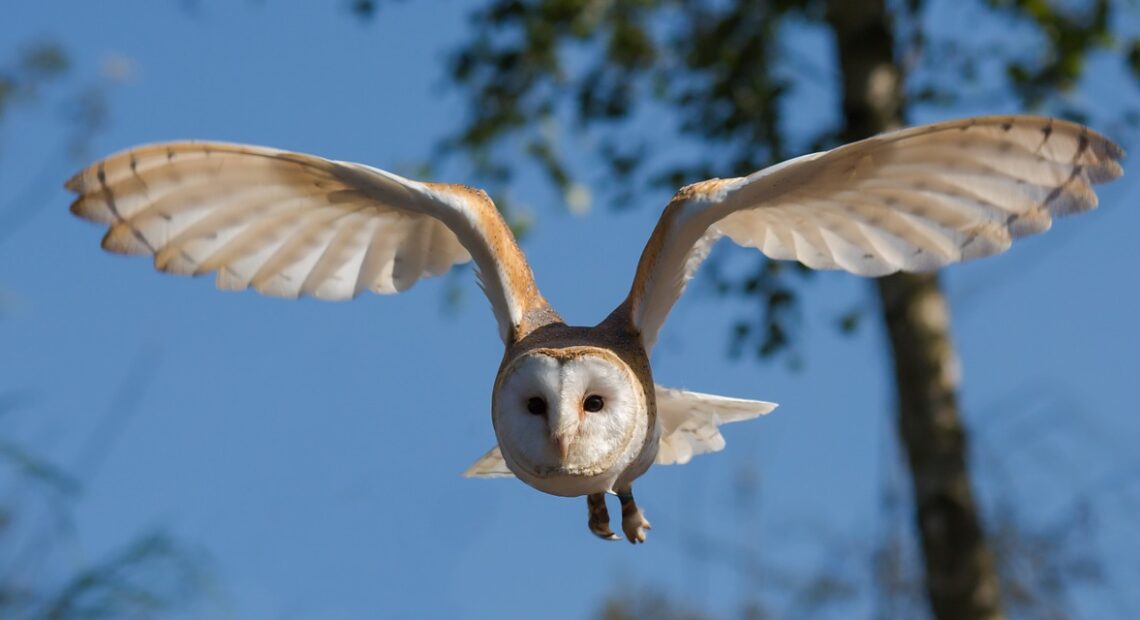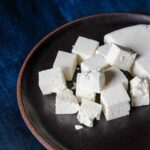Wild at Heart: 10 Exotic Animals Not Allowed for Domesticity in India

In recent years, the popularity of keeping exotic animals as pets has increased in India. However, many people are unaware of the potential dangers and consequences associated with owning these creatures. It is essential to understand that certain exotic animals are not suitable for domestication and should not be kept as pets. In this blog, we will explore ten such animals commonly found in India that should not be kept as pets.
- Barn Owl: Barn owls are magnificent birds known for their unique appearance and silent flight. While they may seem captivating, they are wild birds that require specific habitats and specialized care. Keeping them as pets can be harmful to their well-being and negatively impact local bird populations.
- Parrots: Parrots, including species like African Greys and Macaws, are highly intelligent birds that require a lot of mental stimulation, social interaction, and flight space. These birds have long lifespans and complex needs that can be challenging to meet in a domestic setting.
- Black Kite: Black kites are large birds of prey found in India. Although they are beautiful creatures, they are not suitable for captivity. They are migratory birds that need ample space to fly and hunt, making it nearly impossible to provide them with the necessary conditions in a home environment.
- Indian Star Tortoise: The Indian Star Tortoise is a popular exotic pet due to its unique shell patterns. However, they have specific dietary and environmental requirements that are challenging to replicate in captivity. Moreover, their trade is highly regulated due to concerns over their declining population in the wild.
- Rhesus Macaque: Rhesus macaques are intelligent primates that are commonly seen in urban areas across India. Despite their presence, they are not suitable as pets. Macaques are social animals that require complex social structures, specialized diets, and large outdoor enclosures. Keeping them as pets can lead to health issues, behavioral problems, and legal complications.
- Black Hill Myna: Black Hill Mynas are known for their striking black plumage and melodious calls. These birds are highly endangered and protected under Indian law. Capturing or keeping them as pets is illegal and can contribute to the decline of their population.
- Plum-headed Parakeets: Plum-headed parakeets are colorful birds found in parts of India. While they may appear attractive as pets, they are best appreciated in their natural habitat. Like other parakeets, they require spacious aviaries, social interaction, and a varied diet to thrive.
- Cobra: Cobras are venomous snakes and should never be kept as pets. Their venomous bites can be fatal, and they require highly specialized care that only trained professionals can provide. Attempting to keep a cobra as a pet poses a significant risk to both the owner and the surrounding community.
- Mini Pigs: Mini pigs may seem like adorable pets, but they are highly intelligent and require extensive care and space. Contrary to popular belief, mini pigs can grow to be quite large and may exhibit aggressive behavior if not properly socialized. Additionally, their dietary needs can be challenging to meet in a home environment.
- Bengal Cats: Bengal cats are a hybrid breed known for their beautiful spotted coats reminiscent of wild cats. While they have a domestic lineage, they still retain certain wild instincts. Bengal cats require significant mental and physical stimulation, making them unsuitable for owners without the resources and knowledge to meet their specific needs.
When it comes to exotic animals, it is crucial to prioritize their well-being and respect their natural habitats. Keeping animals like barn owls, parrots, black kites, Indian star tortoises, rhesus macaques, black hill mynas, plum-headed parakeets, cobras, mini pigs, and Bengal cats as pets can have serious consequences for both the animals themselves and the owners. It is best to admire these creatures in their natural habitats and support conservation efforts to protect their populations.
Picture Courtesy: Google/images are subject to copyright








